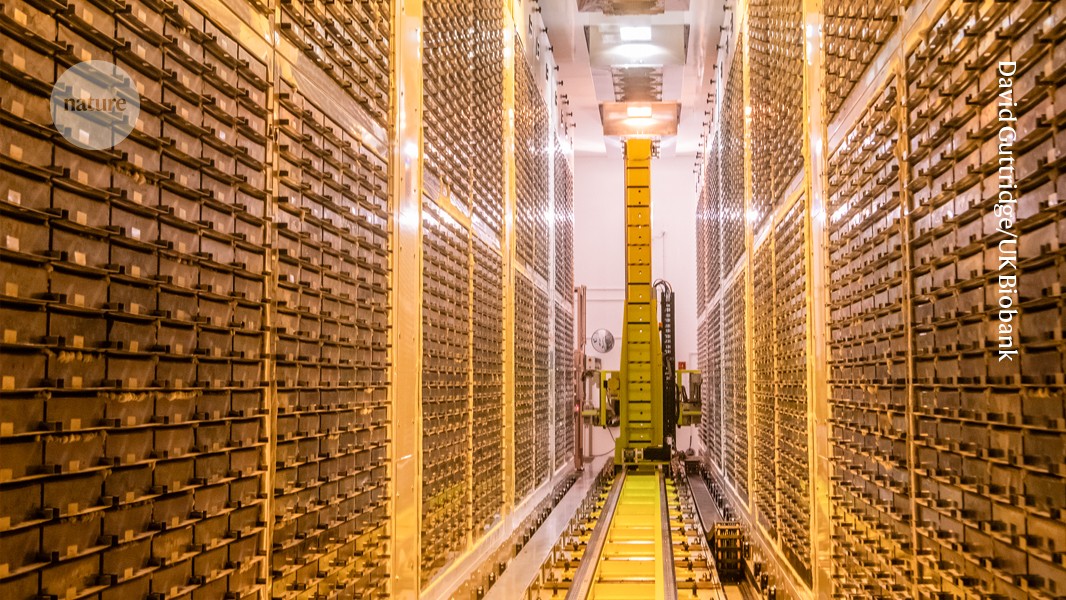
"Rafaella Rogatto De Faria was nearing the end of her PhD when her adviser proposed a fresh project. The idea was to analyse genetic, imaging and surgical-outcome data, to find biomarkers that could help to identify which people with osteoarthritis would respond best to knee-replacement surgery. De Faria, an athlete and a biomedical engineer at the University of São Paulo, Brazil, knew the profound impact of cartilage and joint injuries on people's lives,"
"But the team also wanted to validate its results against a larger data set. Colleagues suggested looking to the UK Biobank, a collection of images, clinical and genetic data and physical samples from 500,000 individuals in the United Kingdom, some of whom have been studied since 2006. Within a few months of applying for access, De Faria had at her fingertips data from 40,000 people with osteoarthritis, half of whom had undergone total-knee-replacement surgeries."
"De Faria's data needs are not unique. Around the world, researchers studying human health often find themselves in need of more, and more-diverse, samples. They could try to collect them themselves or track down existing samples by contacting researchers in the same field of study. Alternatively, they could reach out to entities that have been specifically created to share these resources: biobanks."
Rafaella Rogatto De Faria pursued analysis of genetic, imaging and surgical-outcome data to identify biomarkers that predict which people with osteoarthritis respond best to knee-replacement surgery. A local cohort of 200 individuals was assembled over two years to create a biobank that did not previously exist at the institution. The team obtained access to the UK Biobank and acquired data from 40,000 people with osteoarthritis, including about 20,000 who had undergone total knee replacement, representing a 200-fold sample increase. Large, diverse biobank resources enable validation and scaling of clinical biomarker research.
Read at Nature
Unable to calculate read time
Collection
[
|
...
]